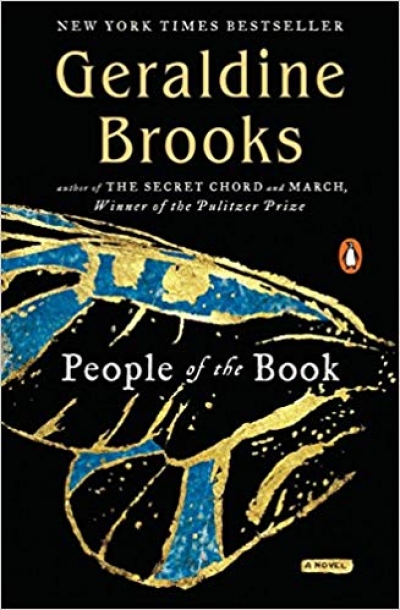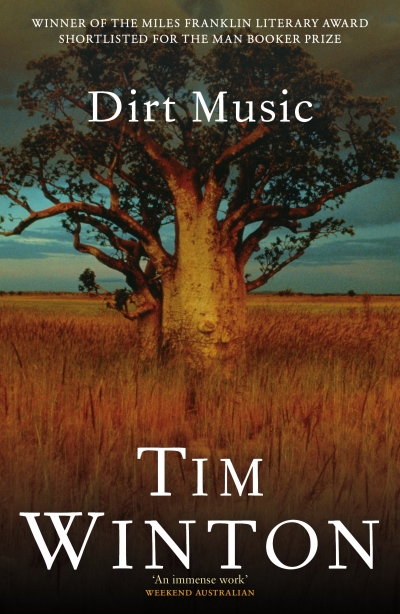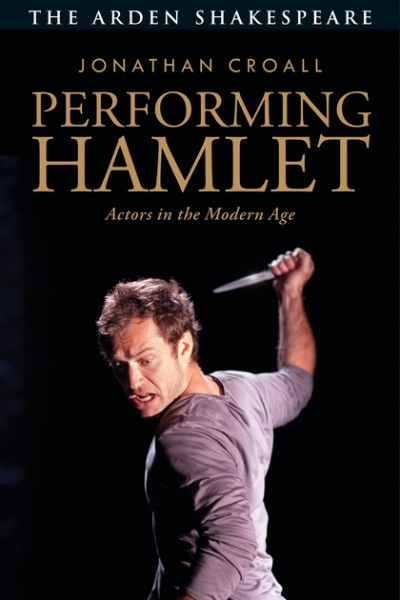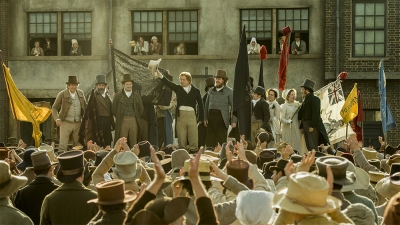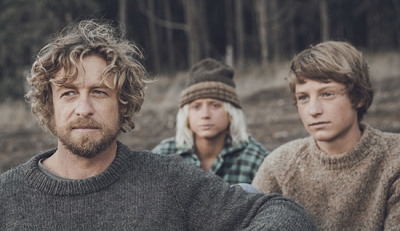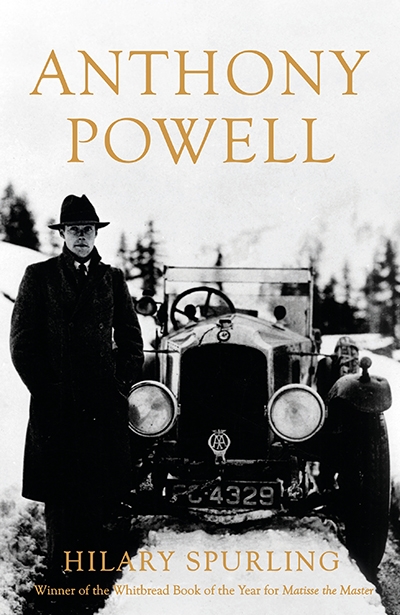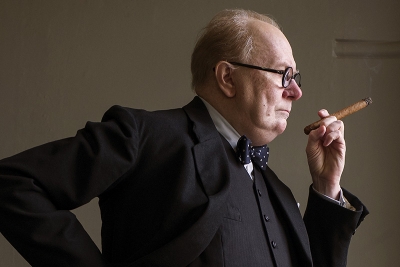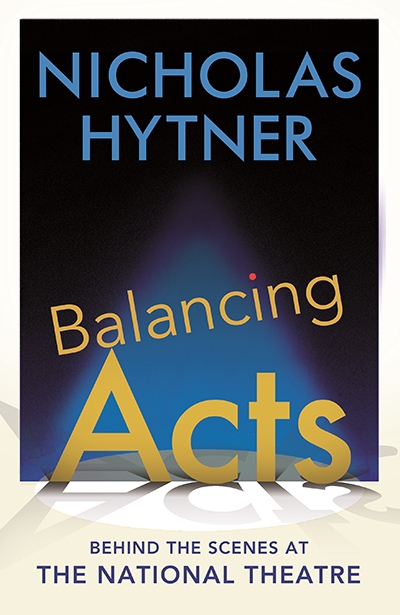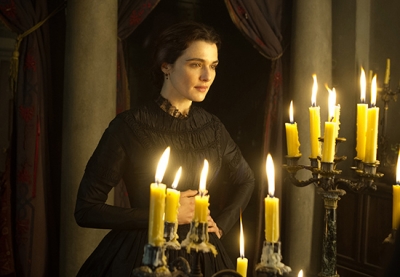Brian McFarlane

Brian McFarlane’s latest book is Four from the Forties: Arliss, Crabtree, Knowles and Huntington, Manchester: MUP, 2018. He has had three overlapping careers, as teacher, academic, and writer. He is the author or editor of over twenty books and hundreds of articles and reviews on film and literature and related matters. He co-edited The Oxford Companion to Australian Film and was compiler, editor and chief author of The Encyclopedia of British Film. His most recent books include: Twenty British Films: A guided tour, Double-Act: The remarkable lives and careers of Googie Withers and John McCallum, and The Never-Ending Brief Encounter. He is currently serving as Adjunct Professor at Swinburne University of Technology and as Adjunct Associate Professor at Monash University.


